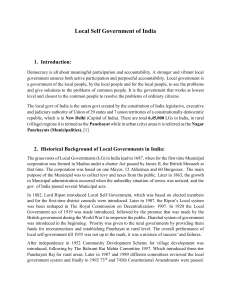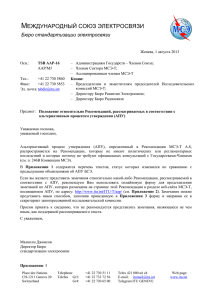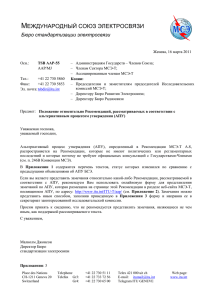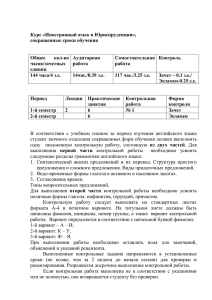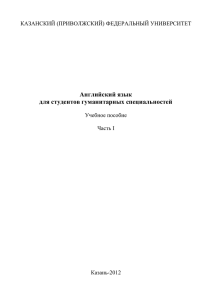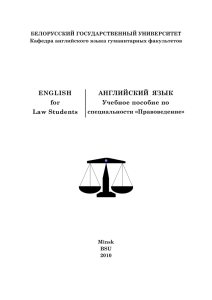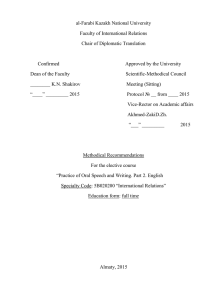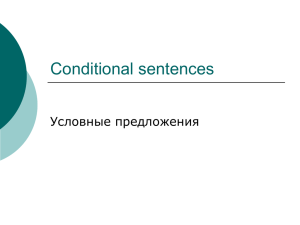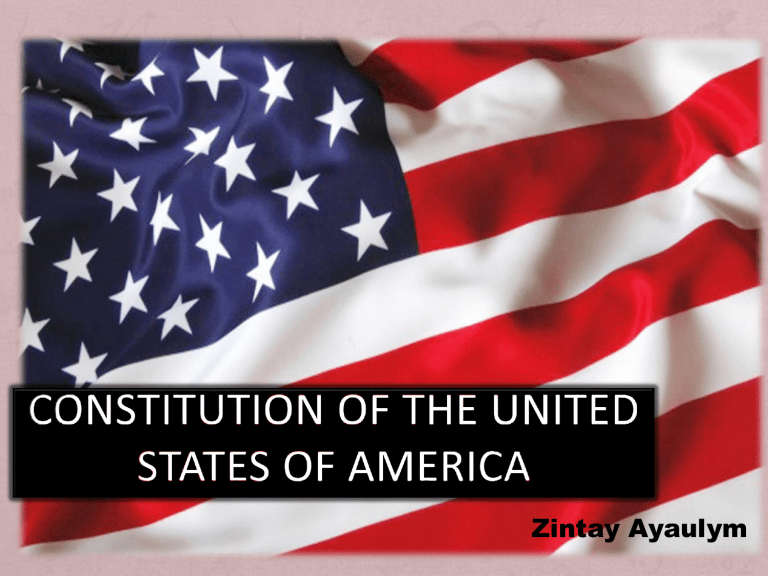
Zintay Ayaulym • Constitution of the United States of America, the fundamental law of the U.S. federal system of government and a landmark document of the Western world. • Constitution, United States - a document that embodies the fundamental laws and principles by which the United States is governed. The American Revolutionary War, also known as the American War of Independence, was an 18th-century war between Great Britain and its Thirteen Colonies (allied with France) which declared independence as the United States of America. The Constitution was written during the summer of 1787 in Philadelphia, Pennsylvania, by 55 delegates to a Constitutional Convention that was called ostensibly to amend the Articles of Confederation (1781–89), the country’s first written constitution. Introduction of the Constitution is the Preamble outlines the goals of the government 7 articles that are split into sections Contains 27 amendments According to the United States Senate: "The Constitution's first three words—We the People—affirm that the government of the United States exists to serve its citizens. For over two centuries the Constitution has remained in force because its framers wisely separated and balanced governmental powers to safeguard the interests of majority rule and minority rights, of liberty and equality, and of the federal and state governments." Legislative branch Make laws Establsh taxes Print money Executive branch Judicial branch ARTICLE FOUR ARTICLE FIVE State Interaction Amendment process Each state must • • • respect the laws of other states Judiciary: Supreme, Circuits, Districts Changes(amendments) to Costitution occur with 2/3 Congress(House & Senate) vote Amendments are ratified when ¾ state legislatures agree to them ARTICLE SIX Supremacy ARTICLE SEVEN Ratification process NO LAW IN THE LAND can Constitution is ratified supersede or contradict (officially acceped) when 9/13 the US Constitution states sign it Created September 17, 1787 Presented September 28, 1787 Ratified June 21, 1788 Date effective March 4, 1789 Signatures The First Amendment lays out five basic freedoms: freedom of religion, freedom of speech, freedom of the press, freedom of assembly, and the freedom to petition the government. The Second Amendment supports the right to own firearms, protects the right to keep and bear arms The Third Amendment prohibits the government from forcing citizens to give lodging to soldiers in their homes without permission. The Fourth Amendment prevents the government or police from searching or seizing the homes, belongings, or bodies of citizens without probable cause or a warrant. The Fifth Amendment gives people accused of crimes a variety of rights and protections. The Sixth Amendment guarantees people accused of a crime receive fair and accurate criminal proceedings The Seventh Amendment provides for the right to trial by jury in certain civil cases, according to common law The Eighth Amendment prohibits excessive fines and excessive bail, as well as cruel and unusual punishment The Ninth Amendment protects rights not enumerated in the Constitution The 10th Amendment leaves any powers not specifically assigned to the federal government to each state or to the people. The 11th Amendment Makes states immune from suits from out-of-state citizens and foreigners not living within the state borders; lays the foundation for sovereign immunity The 12th Amendment Revises presidential election procedures by having the president and vice president elected together as opposed to the vice president being the runner up in the presidential election The 13th Amendment аbolishes slavery, and involuntary servitude, except as punishment for a crime The 14th Amendment Defines citizenship, contains the Privileges or Immunities Clause, the Due Process Clause, the Equal Protection Clause, and deals with post– Civil War issues The 15th Amendment Prohibits the denial of the right to vote based on race, color or previous condition of servitude The 16th Amendment The 17th Amendment The 18th Amendment The 19th Amendment The 20th Amendment The 21st Amendment !! The 21st amendment to the US Constitution, adopted in December 1933, performs only one function — it terminates the 18th amendment, which prohibited the production, sale, transportation, export and import of alcoholic beverages in the United States. Prohibition acted for 14 years, until President Roosevelt persuaded them that they didn’t give any measures and did not initiate the adoption of the 21st amendment. This is the only case in the history of the United States where an amendment to an earlier amendment has been made. The 22nd Amendment The 23rd Amendment The 24th Amendment The 25th Amendment The 26th Amendment The 27th Amendment Luv u all

